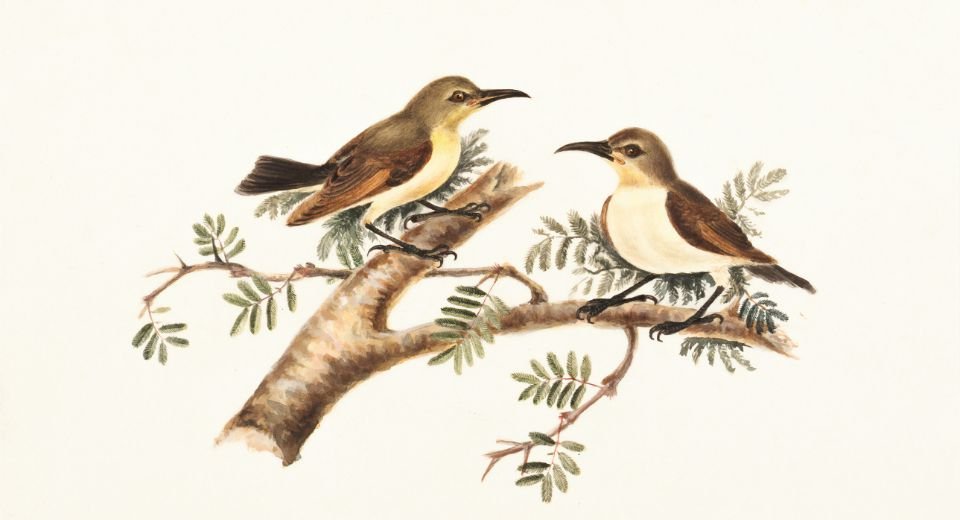HQ Team
February 25, 2023: The global H5N1 situation is “worrying,” and the WHO is investigating reports of death and a confirmed case in a family in Cambodia due to avian influenza.
Cambodian authorities have informed the global health agency of two confirmed human cases of avian influenza H5N1 — both are members of the same family.
“One of the cases – an 11-year-old girl – unfortunately passed away,” Dr Sylvie Briand, Director for Epidemic and Pandemic Preparedness and Prevention of WHO, said.
“We are in close communication with the Cambodian authorities to understand more about the outbreak. Field investigations are ongoing,” she said during a videoconference.
“The global H5N1 situation is worrying given the wide spread of the virus in birds worldwide and the increasing reports of cases in mammals, including humans.”
Severe respiratory disease
H5N1 influenza is a severe respiratory disease with various symptoms observed, from mild to fatal. The mortality rate among cases reported with H5N1 infection over the years is more than 50%.
WHO takes the risk from this virus seriously and urges heightened vigilance from all countries, according to a statement.
The WHO held a meeting in Geneva to study the influenza vaccine composition.
Influenza viruses are constantly evolving, and there is a risk that they escape the immunity conferred by the vaccine. “Therefore, we need to update the vaccine twice a year to make sure that we have the best possible vaccine to protect the populations around the world,” she said.
Experts from WHO Collaborating Centres, National Influenza Centres, regulatory laboratories, and animal sector laboratories reviewed the circulating influenza viruses. They assessed the changes compared to the last influenza season.
They advised about the vaccine’s composition and looked at viruses circulating in human populations and viruses circulating in animals.
Make vaccines quickly
The participants had an information session with vaccine manufacturers to share the experts’ recommendations so that they could immediately start vaccine production for the northern hemisphere season.
The vaccine composition meeting recommends the vaccine virus for seasonal influenza epidemics and the candidate vaccine virus for zoonotic influenza.
GISRS, the Global Influenza Surveillance and Response System is a global network of laboratories and partners working year-round to monitor influenza and related viruses.
“Based on this global collaboration of scientists and institutions worldwide, we can assess the risk of emergence of novel influenza viruses and prevent epidemics or pandemics by implementing early containment measures in case zoonotic viruses become fit of human-to-human transmission,” Ms Briand said.
“Based on the recent reporting, we are reviewing the risk assessment.”
Governments should invest in an H5N1 vaccine and start running phase 1 and 2 trials to prepare for a potential outbreak among humans, the incoming chief scientist of WHO said.
Jeremy Farrar
Jeremy Farrar, who will join WHO in the second quarter of 2023, had said that in terms of potential pandemic events, H5N1 is a “big worry.”
Farrar warned that the current situation, whereby H5N1 influenza viruses are allowed to spread among poultry, wild birds, and mammals, is the perfect way to “create something nasty.”
Many different types of influenza viruses are circulating in the world at any given time. Some infect only birds, some infect only swine, and others only infect humans.
“Bird flu” or “avian influenza” refers to influenza strains that affect birds. The H5N1 stain has caused severe illness in birds in recent years.
Global influenza pandemic
Chickens and ducks have died or been culled to control this strain of H5N1. The virus has been found in birds in many parts of Asia and now appears in other parts of the world.
The virus is probably being spread by wild birds, who may or may not become ill when infected. Domestic poultry is very susceptible to H5N1.
Although the H5N1 virus primarily affects birds, it can also spread to people. Most people who have gotten the virus work directly with poultry or had close contact with birds.
Public health officials are concerned that the H5N1 virus could change or mutate into a form that is easily spread from one person to another. They do not know whether that will happen – or when it might happen.
If it does, the result could be a global influenza pandemic.
